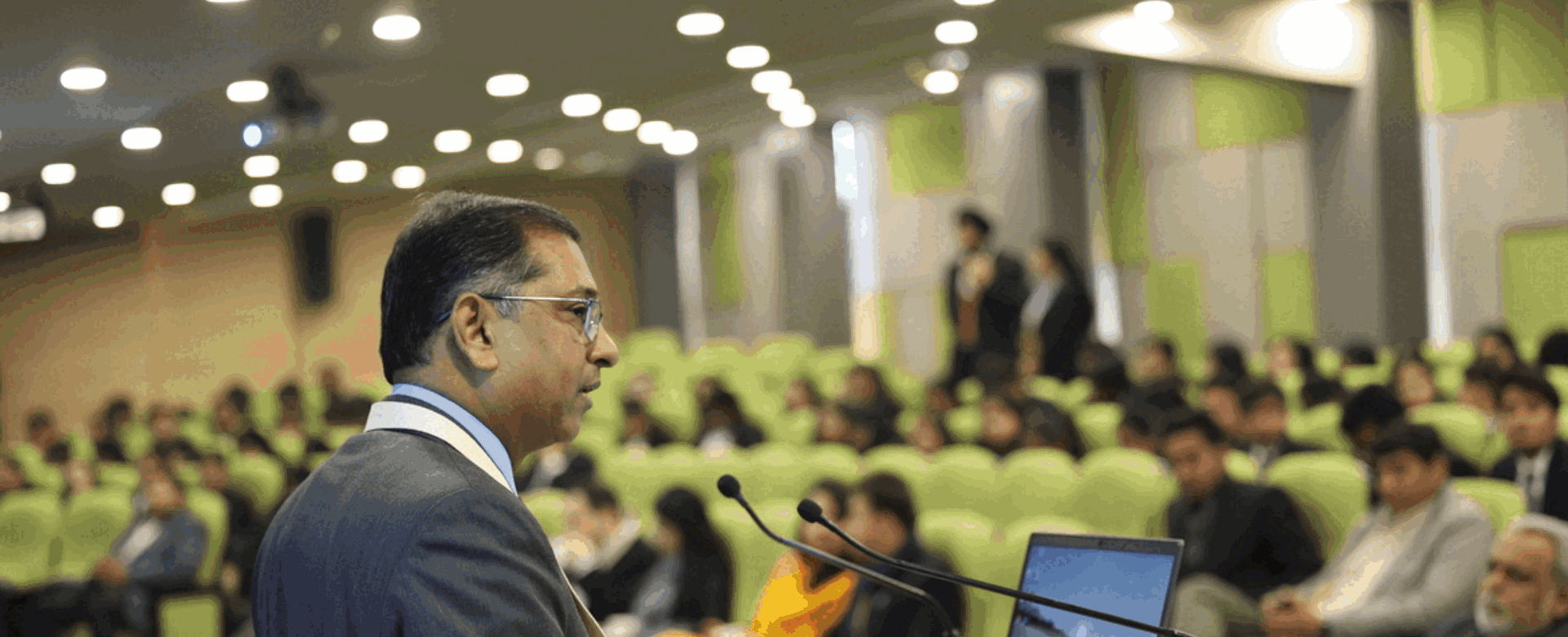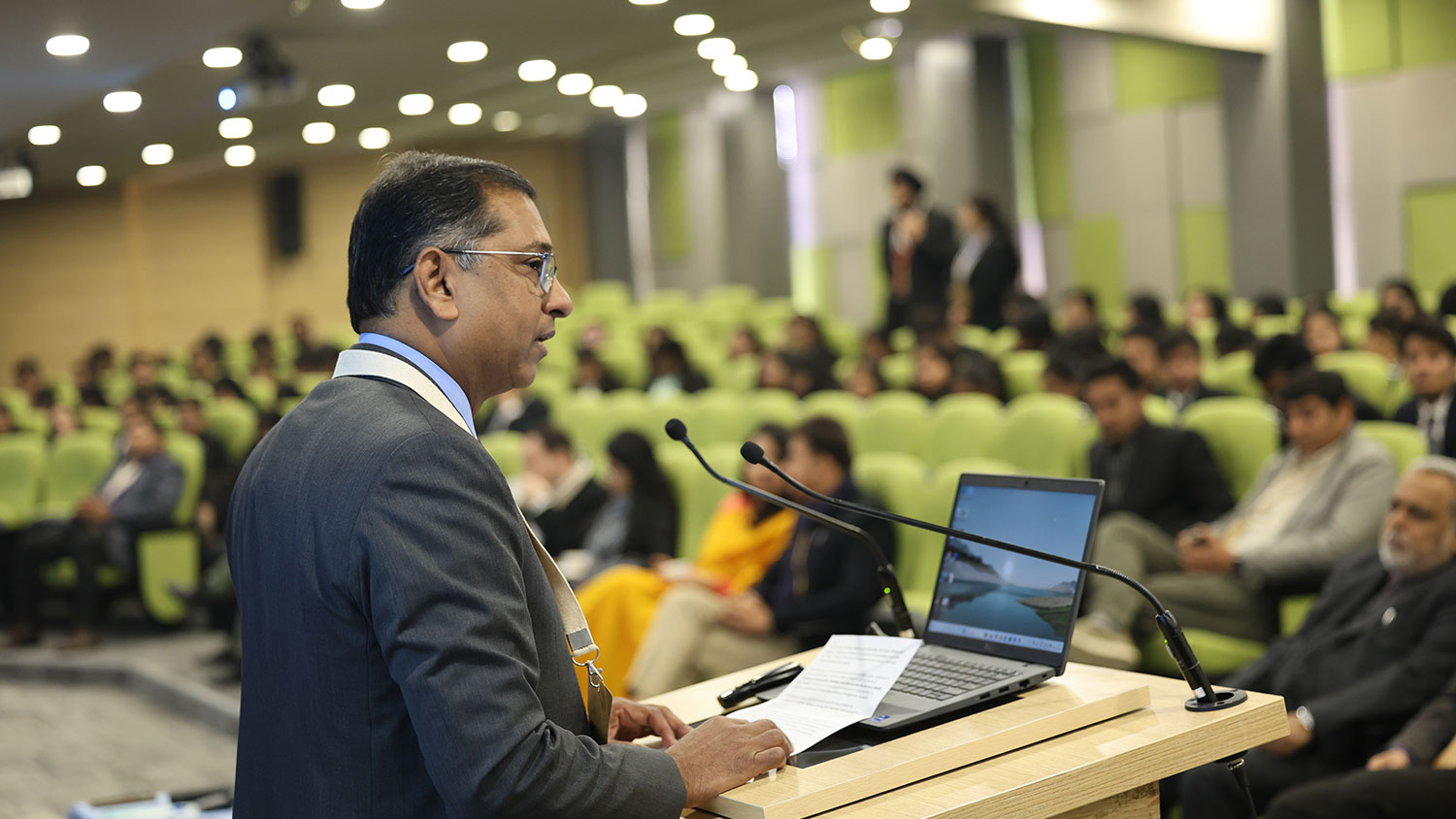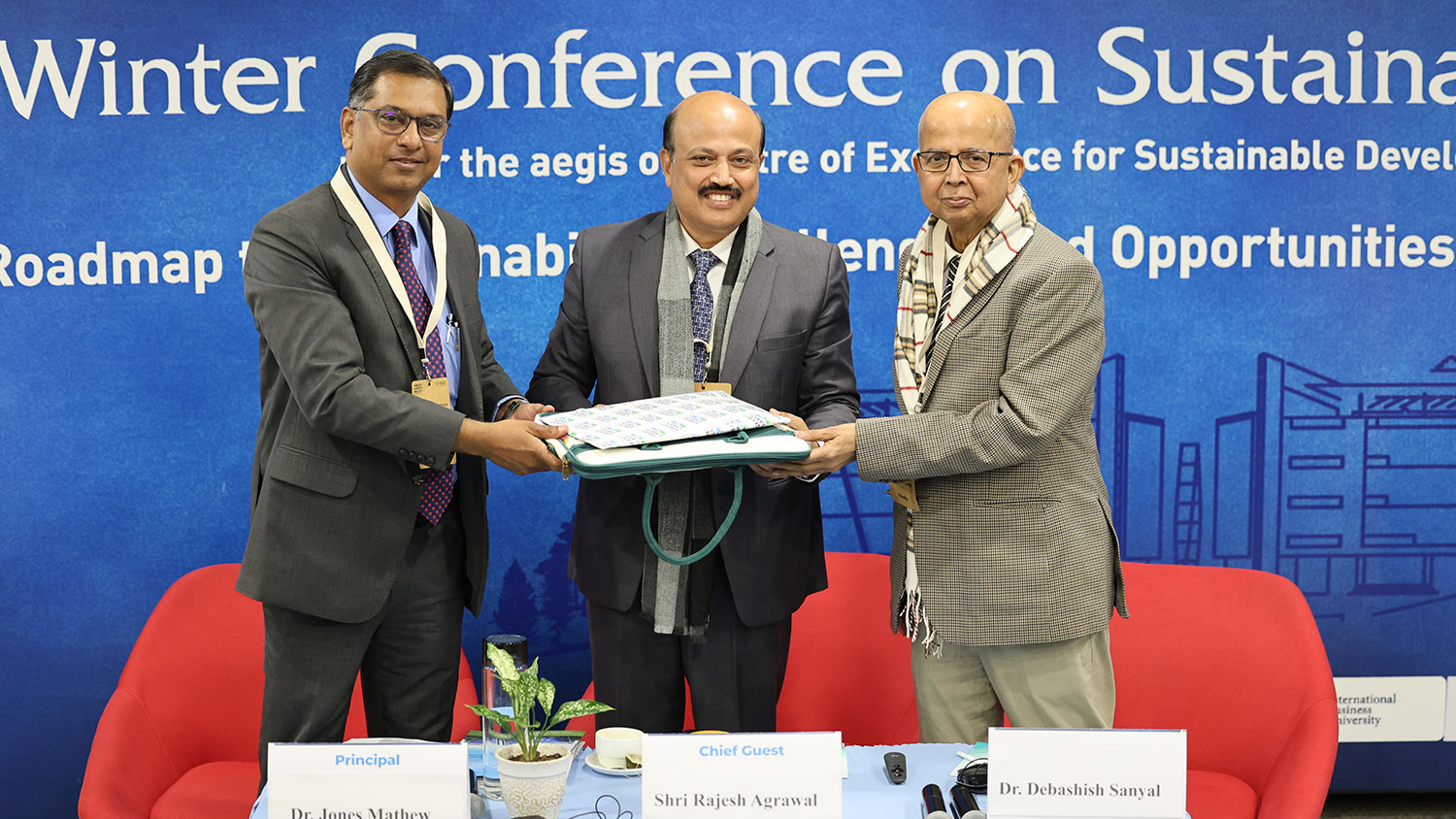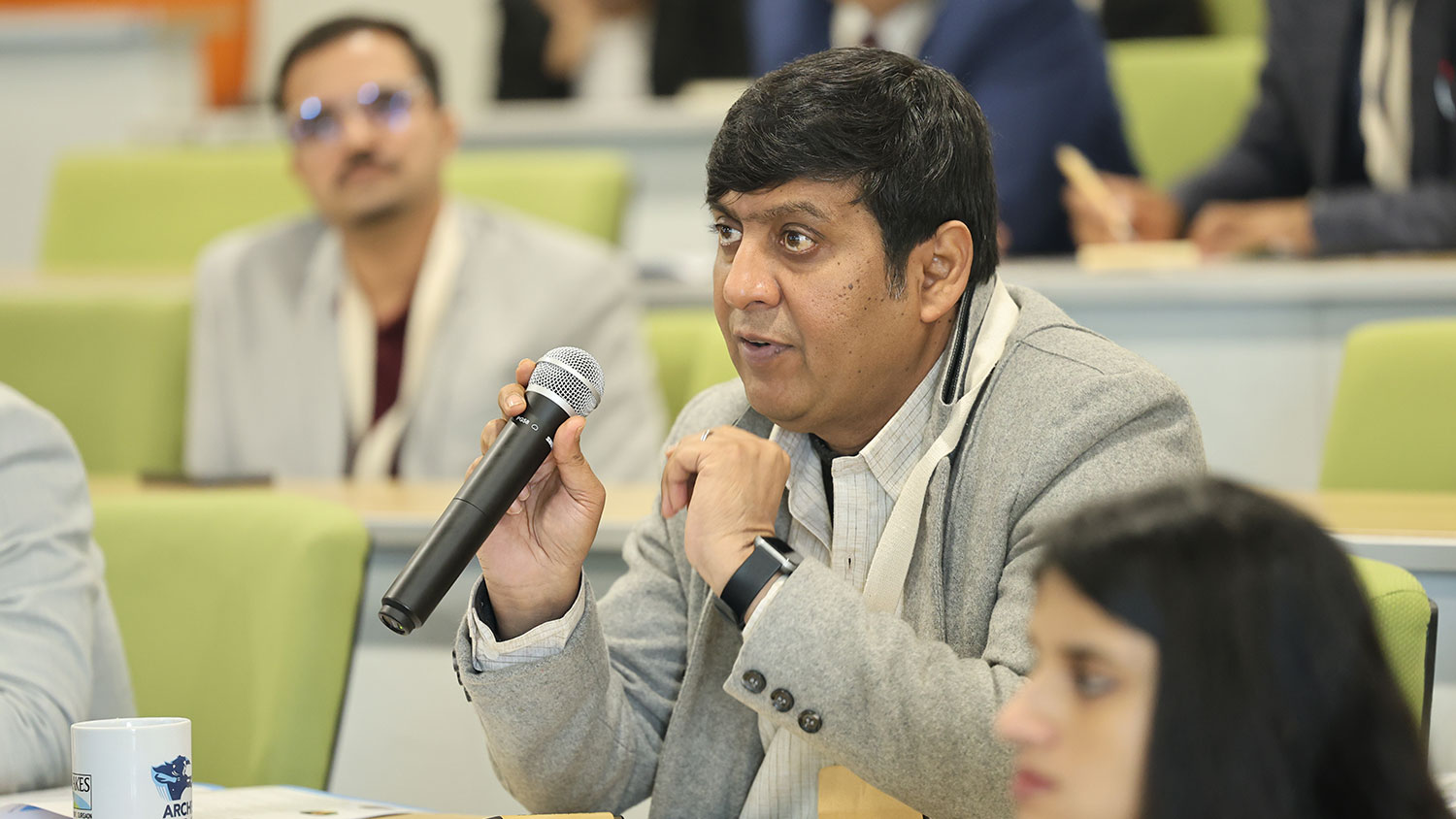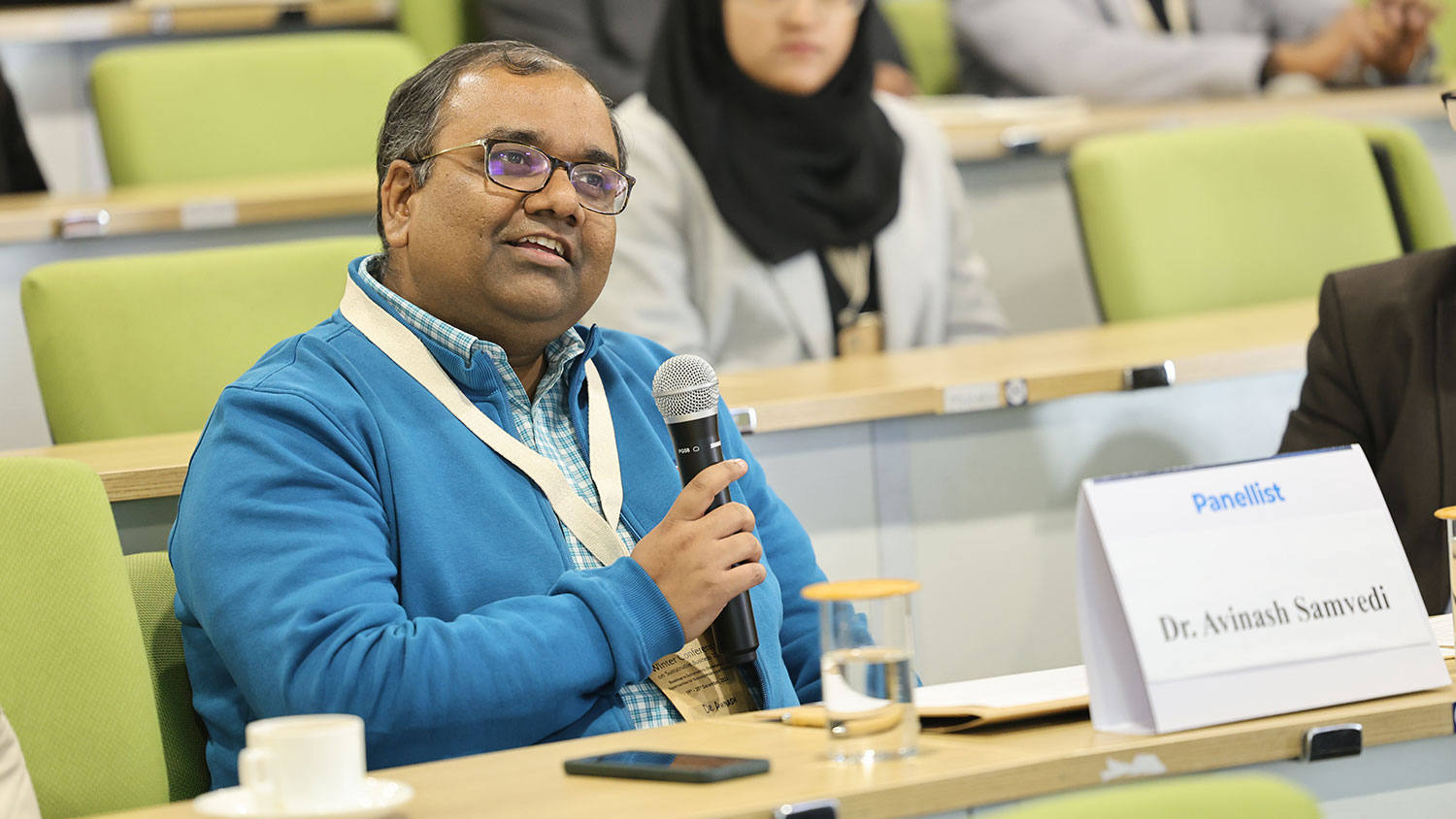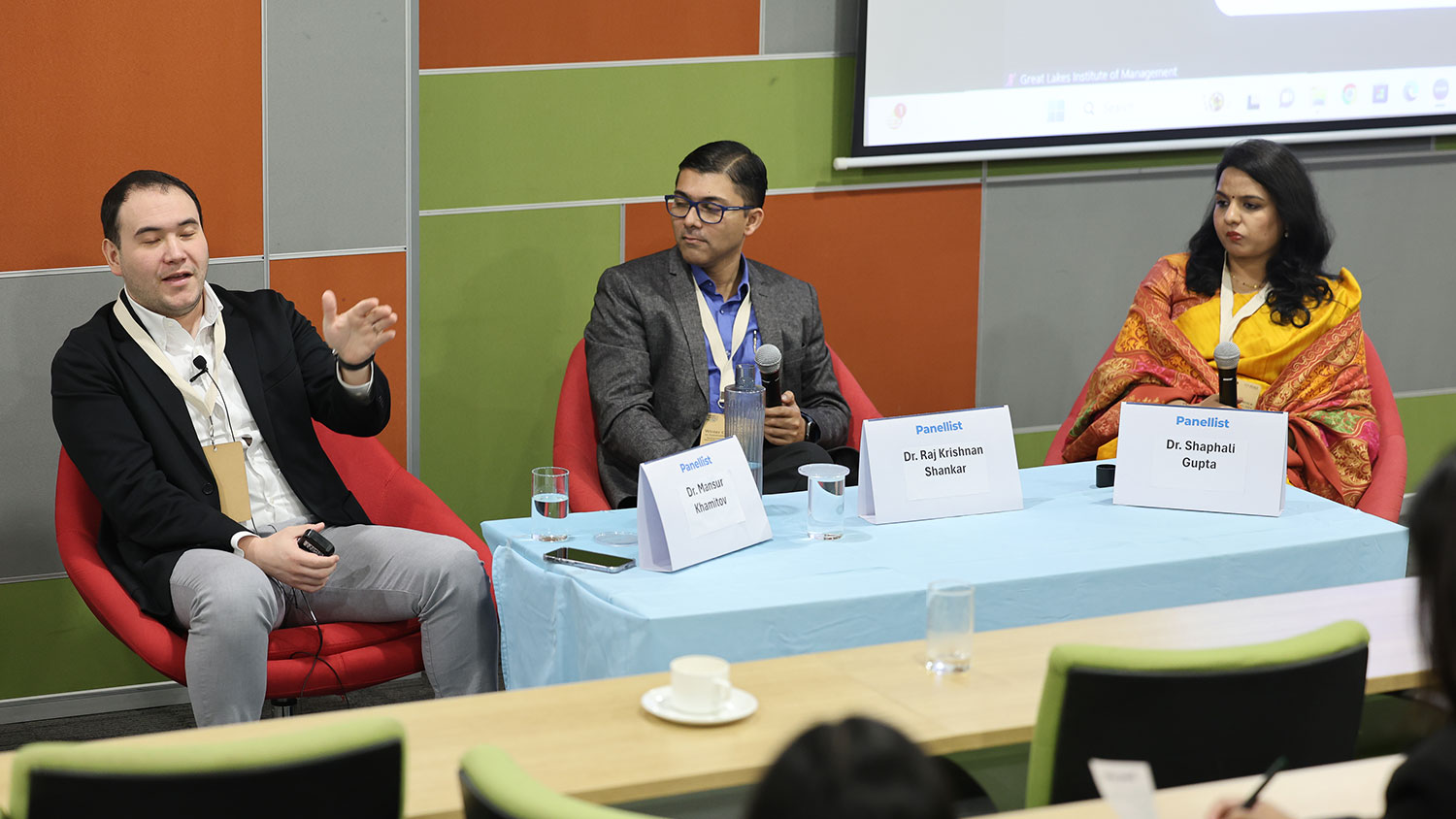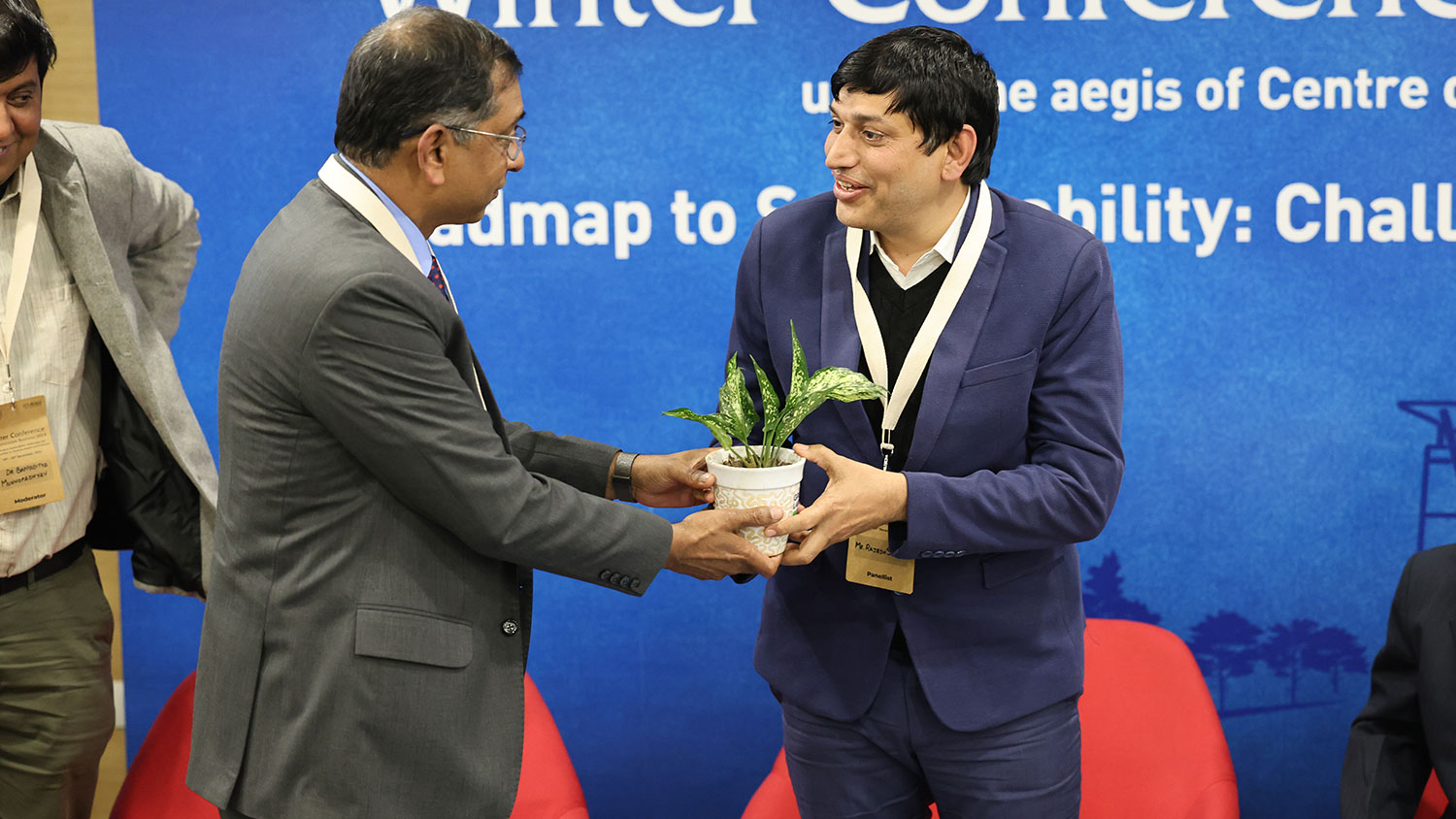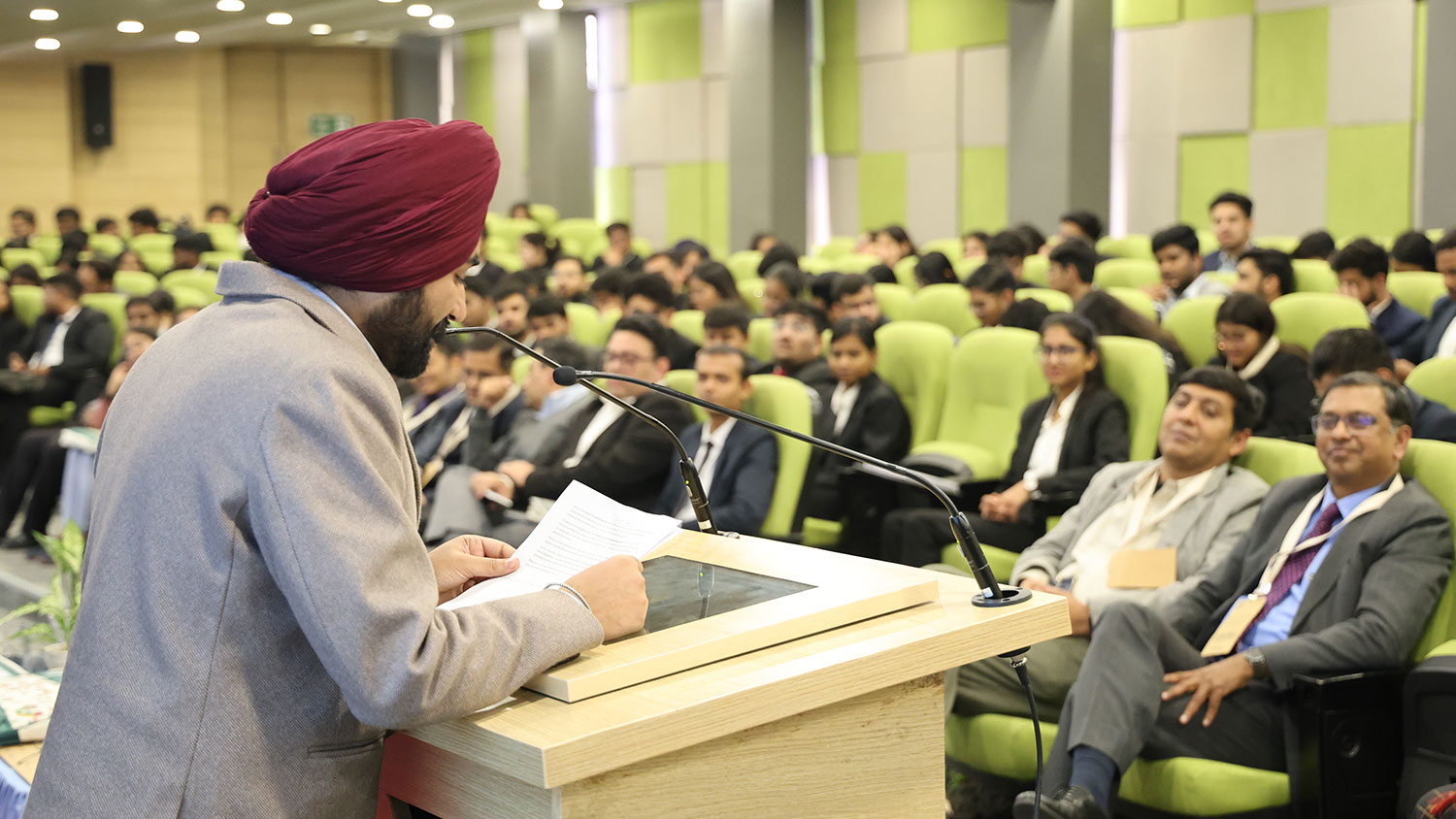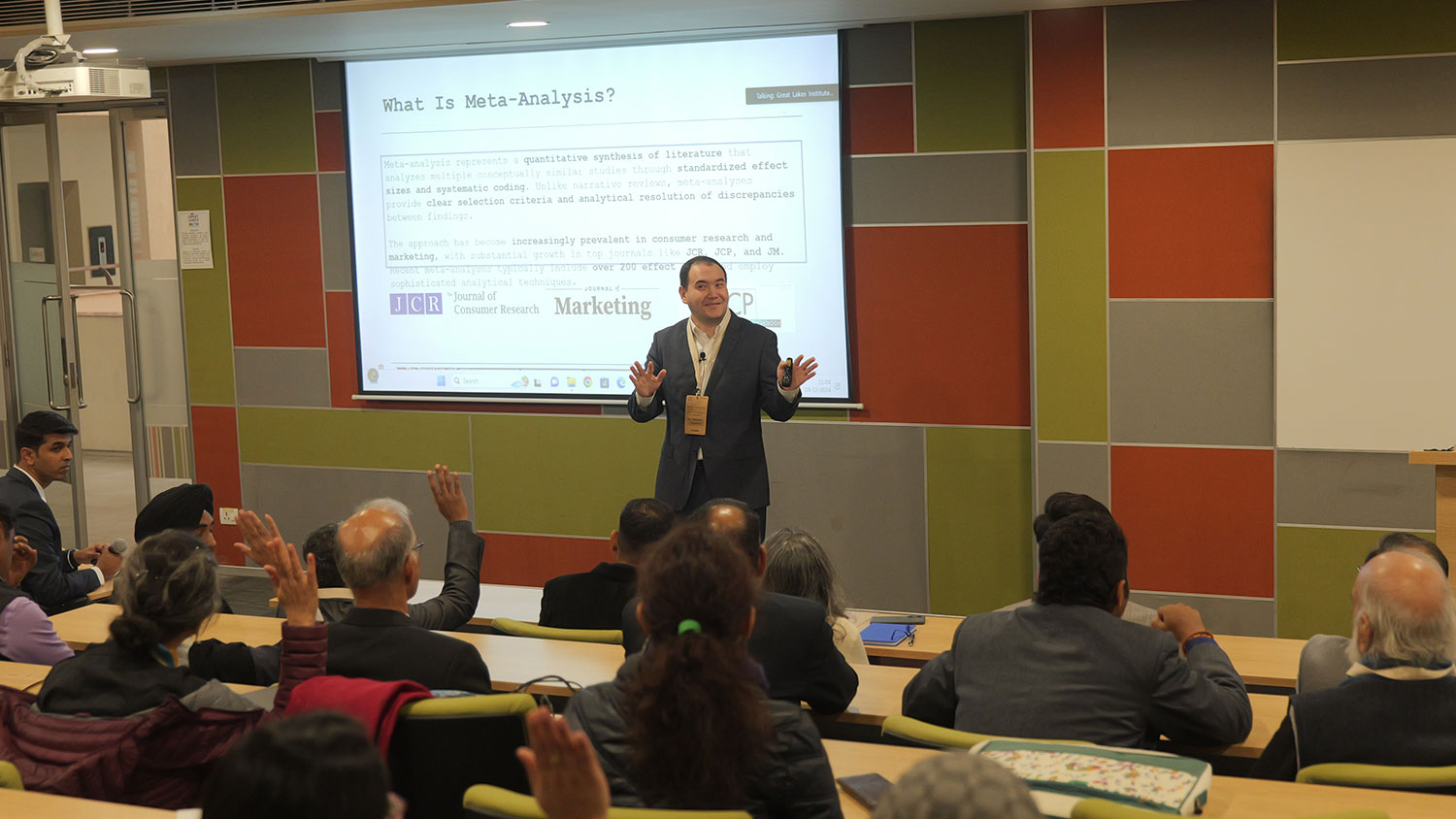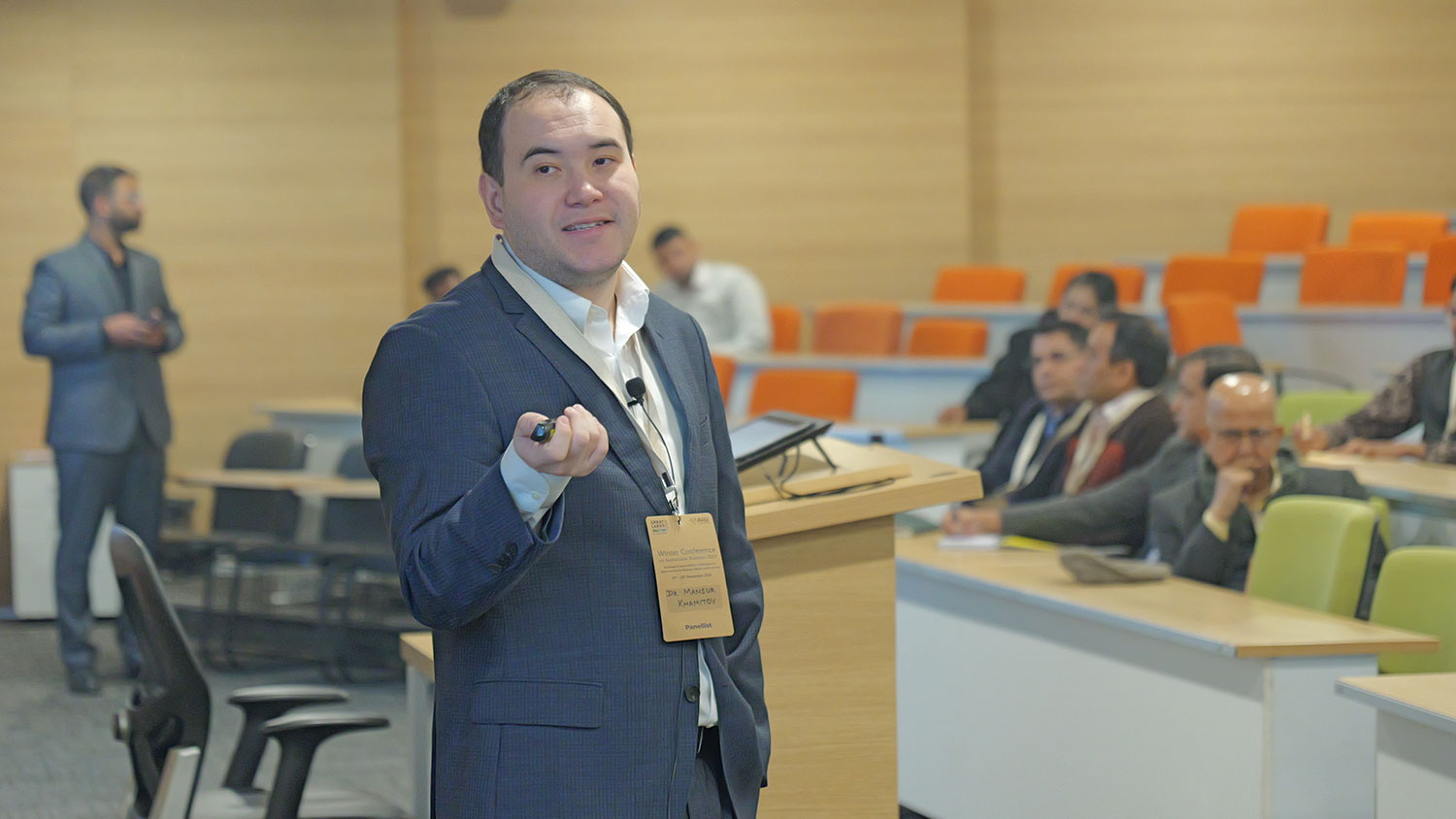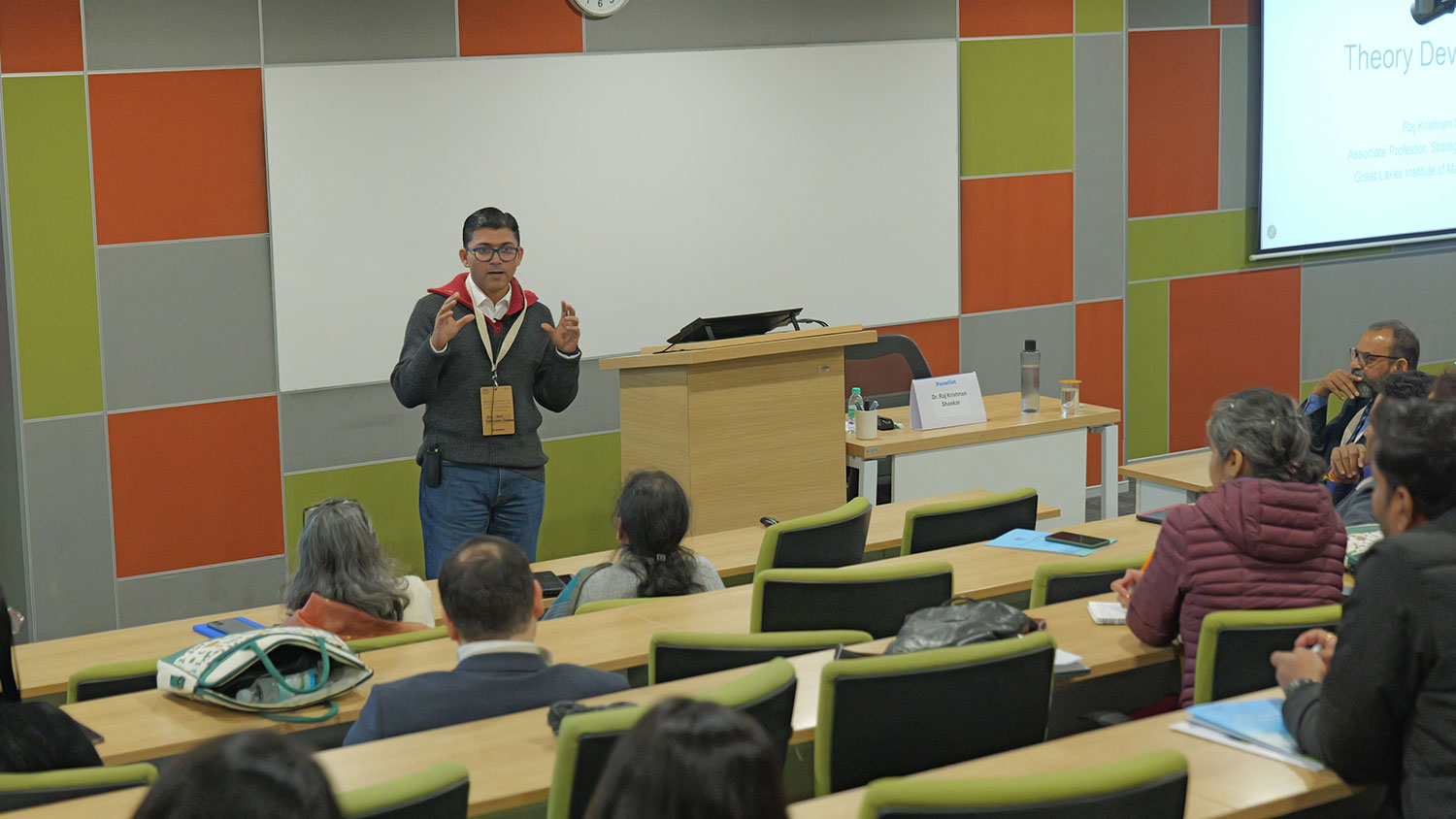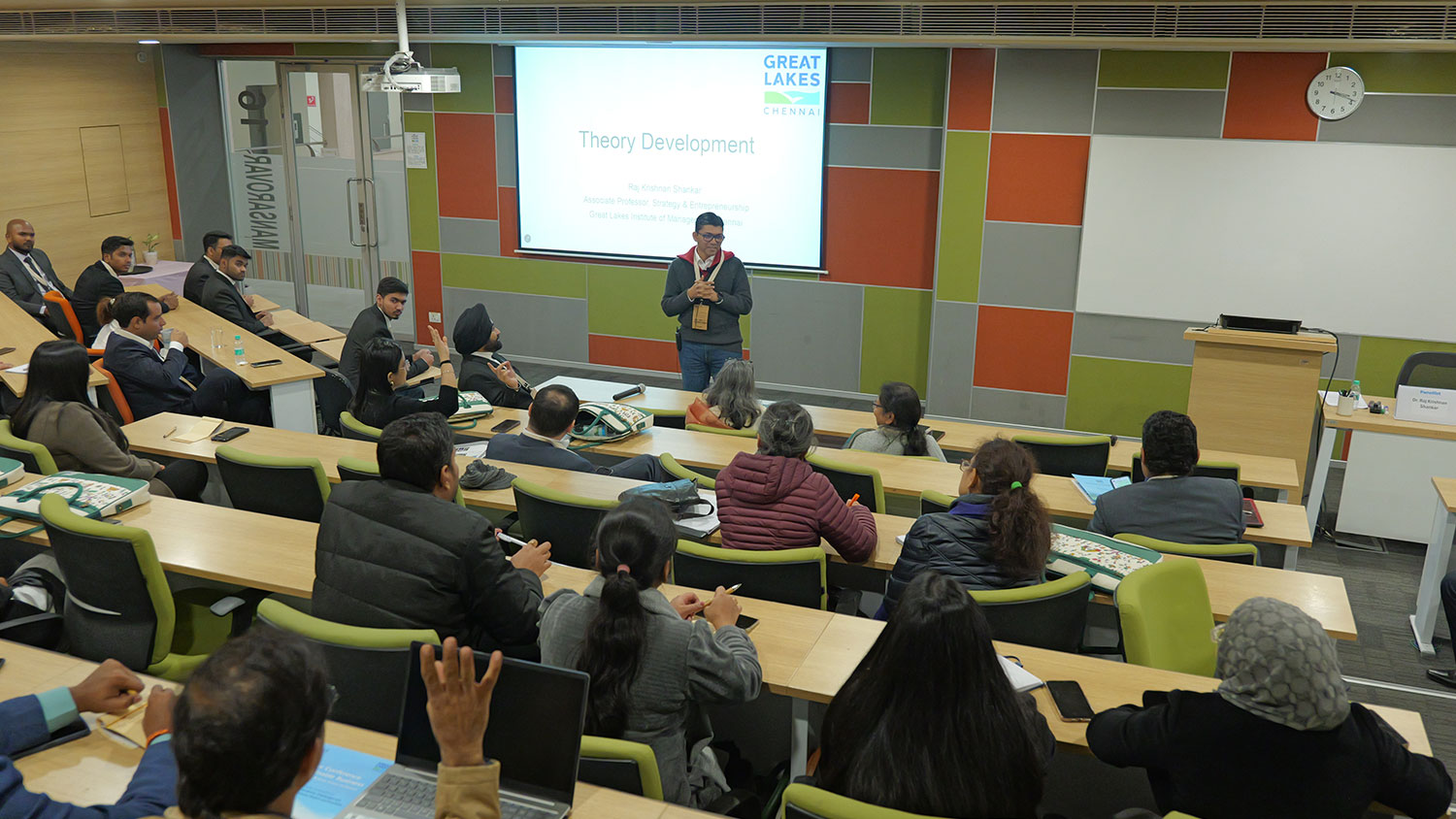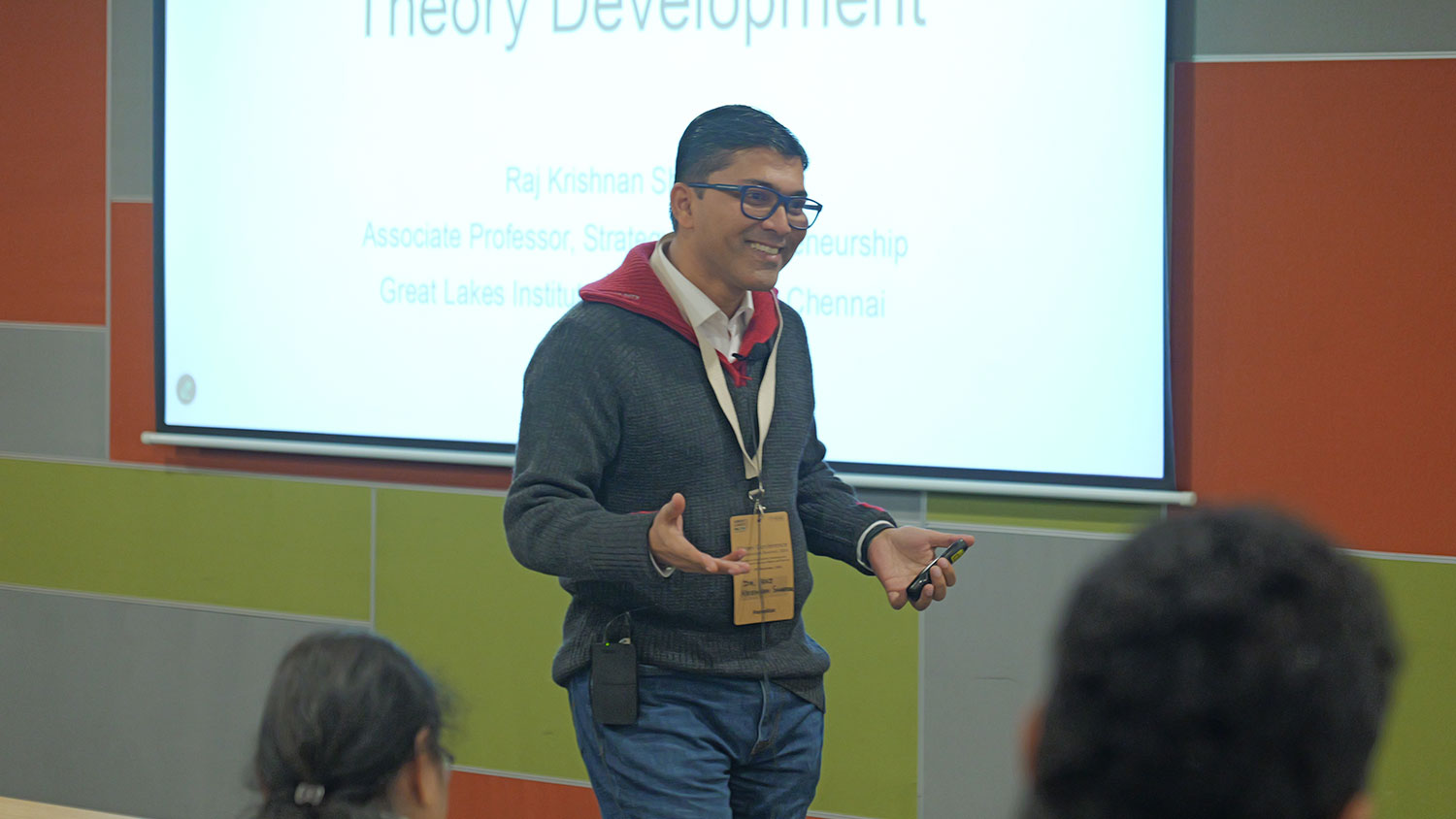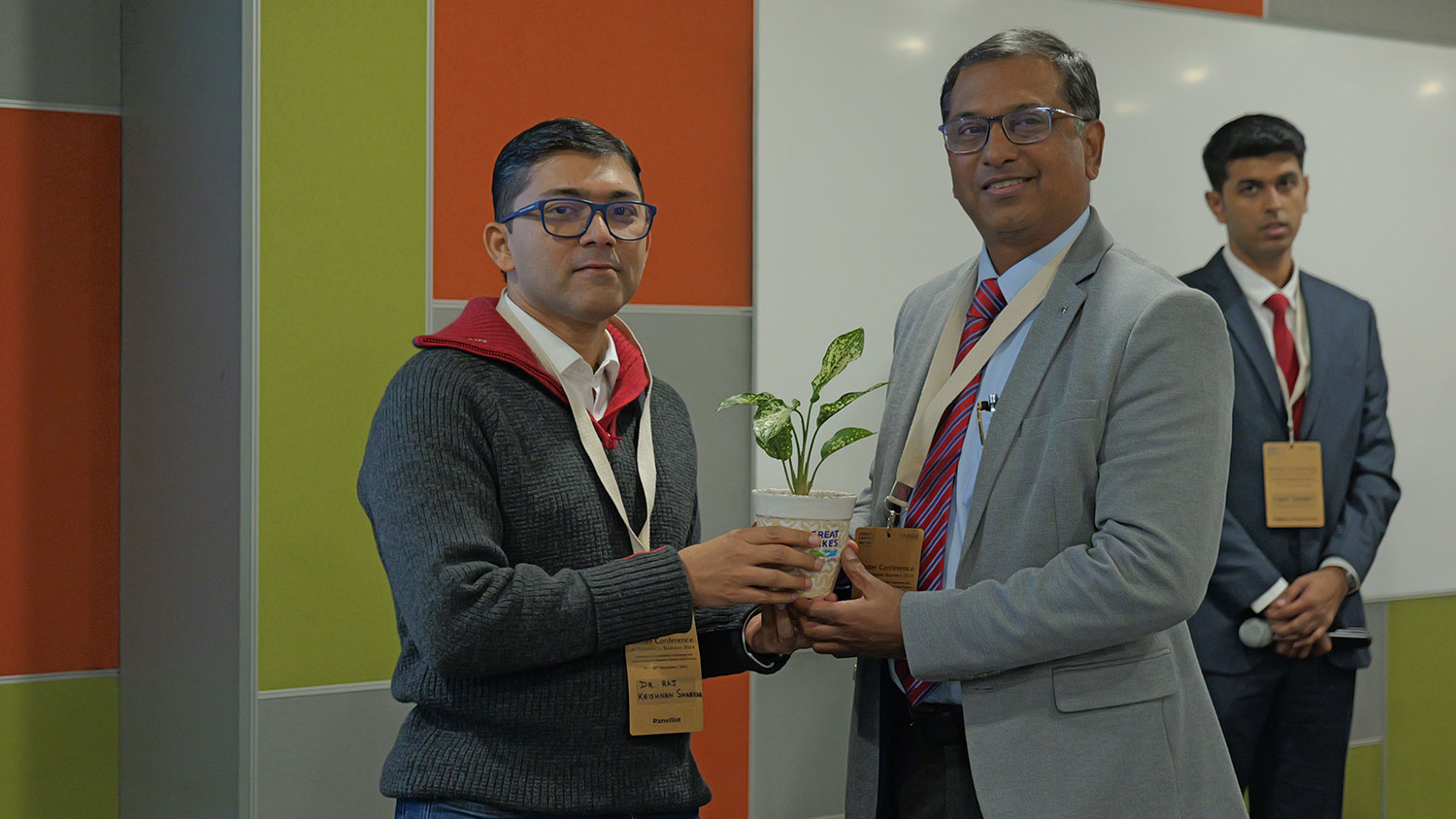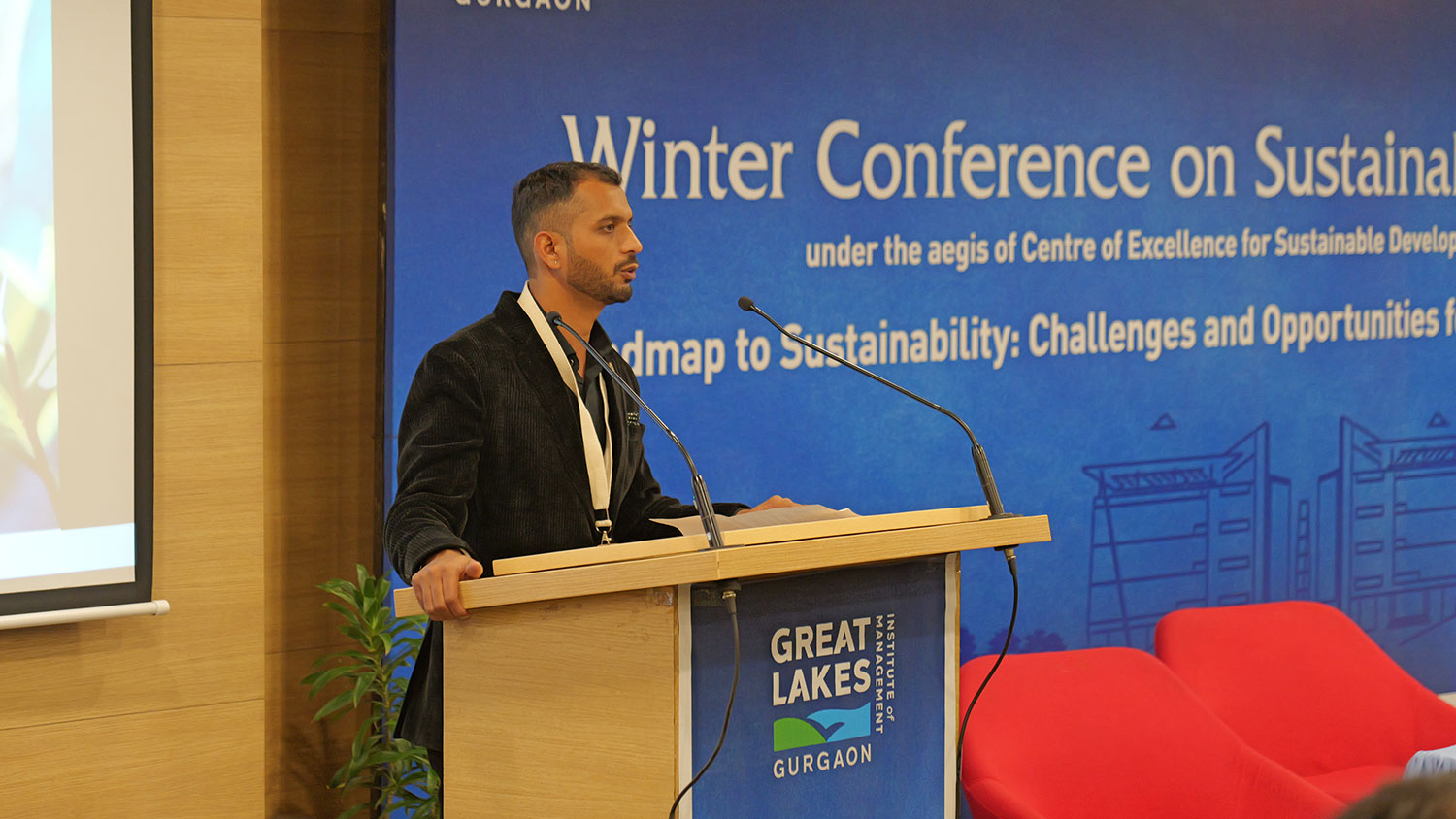
Winter Conference on Sustainable Business 2024
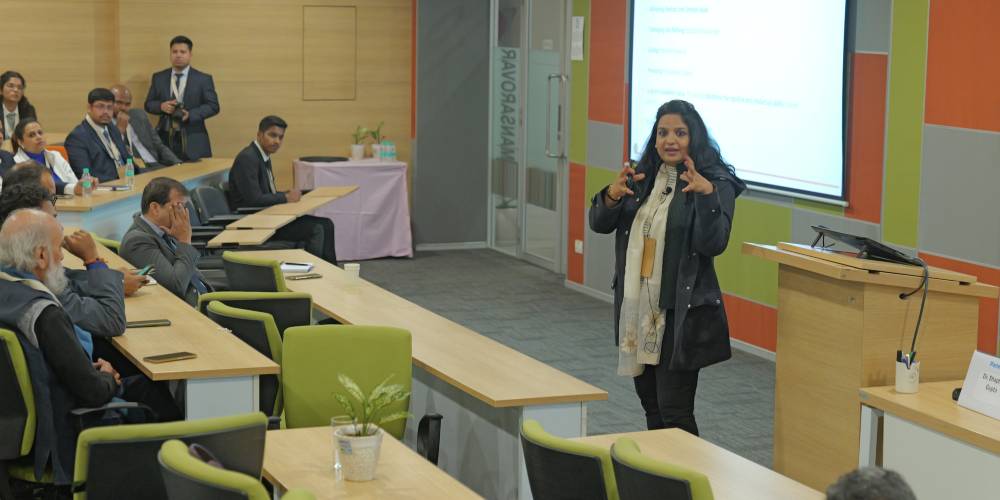
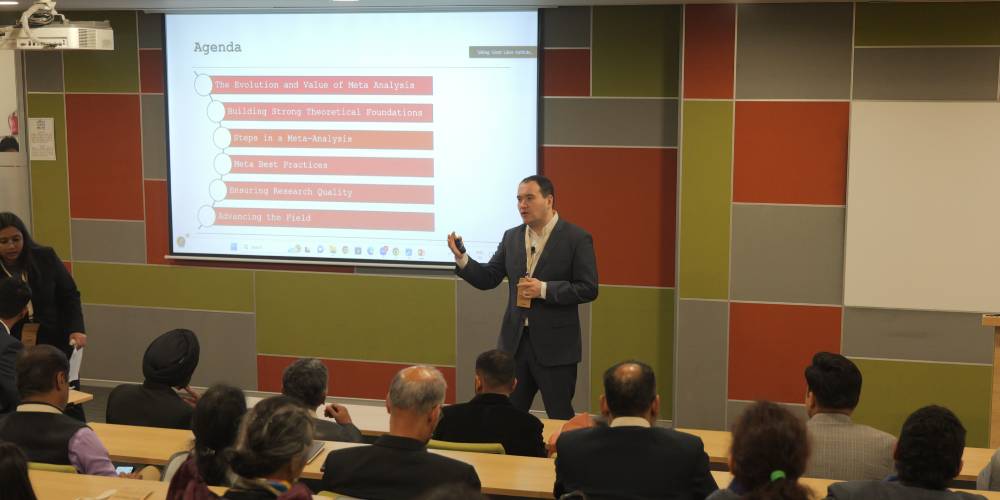
Expert Sessions
The conference commenced with three insightful sessions conducted by eminent academicians:
- Performing a High-Quality Meta-Analysis by Dr. Mansur Khamitov, Assistant Professor of Marketing, Kelley School of Business, Indiana University, USA.
- How to Write a Conceptual Paper by Dr.Shaphali Gupta, Mani Ayer Chair Professor of Marketing, MICA, Ahmedabad.
- Theory Development by Dr. Raj Krishnan Shankar, Professor of Entrepreneurship & Strategy, Great Lakes, Chennai.
Welcome Address
Dr. Harish Kumar, Chairperson - Research and Assistant Professor of Marketing at Great Lakes Gurgaon, welcomed attendees, introduced the conference theme, and emphasized the significance of the discussions in driving transformative professional growth.
Keynote Address

The keynote address by Prof. Philipp A. Rauschnabel, Professor of Digital Marketing and Media Innovation, Universität der Bundeswehr München, Neubiberg, Germany, focused on the transformative role of Extended Reality (XR) technologies, including Augmented Reality (AR) and Virtual Reality (VR), in addressing ecological, social, and economic challenges. Prof. Rauschnabel’s powerful message, “DO IT!”, resonated strongly with the audience.
The day concluded with a formal dinner, which provided attendees with an opportunity to network and engage with faculty and speakers.
The Chief Guest, Mr. Rajesh Agarwal, IAS (Additional Secretary to GOI - Department of Commerce, Ministry of Commerce & Industry), emphasized India’s ethos of Vasudhaiva Kutumbakam (the world is one family) and the collective responsibility for sustainability. He highlighted the government’s commitment to net-zero emissions by 2070, steady progress on SDG scores, and the need for collaborative efforts. Mr. Agarwal urged businesses to adopt green practices and consumers to embrace sustainable lifestyles.
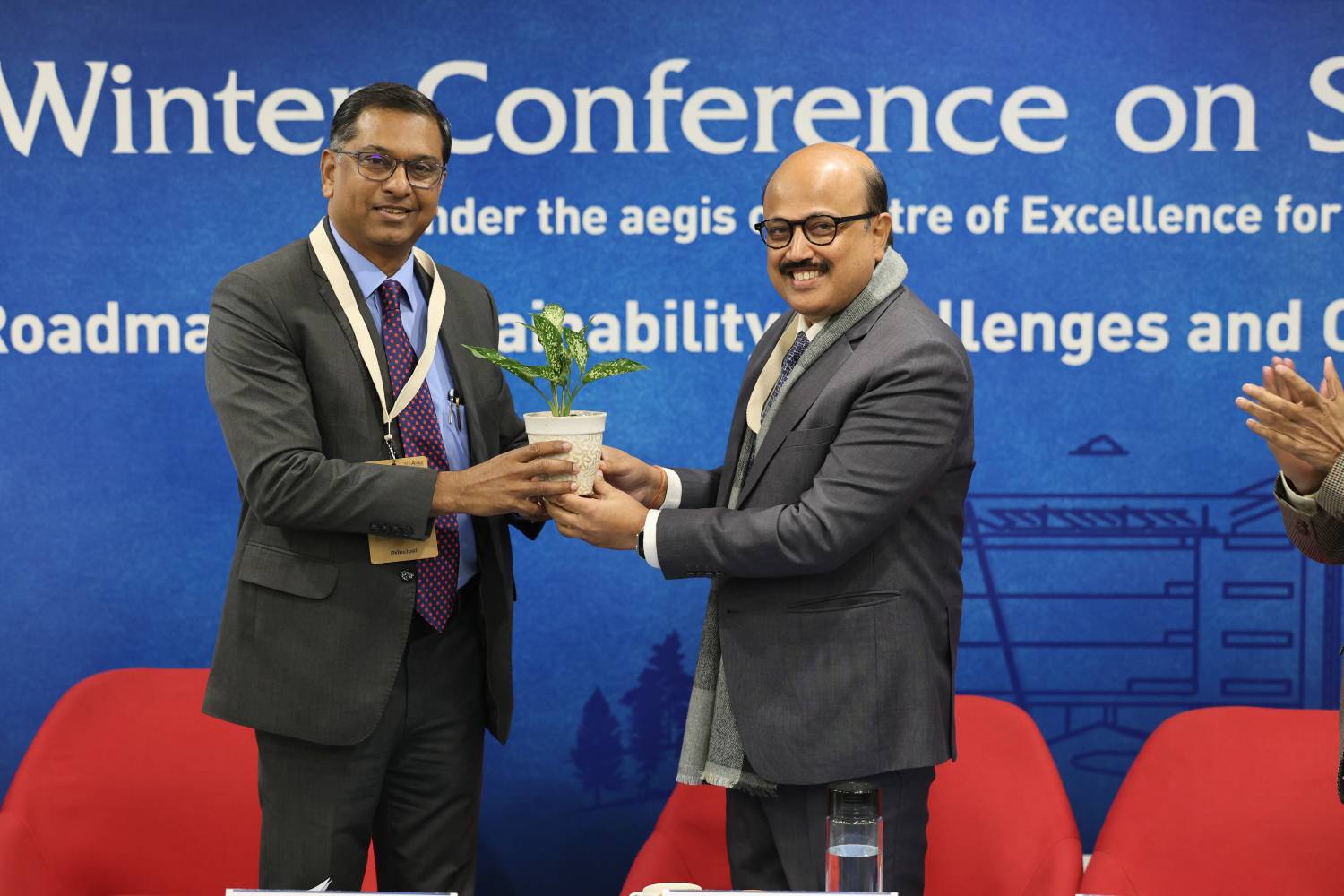
Special Addresses
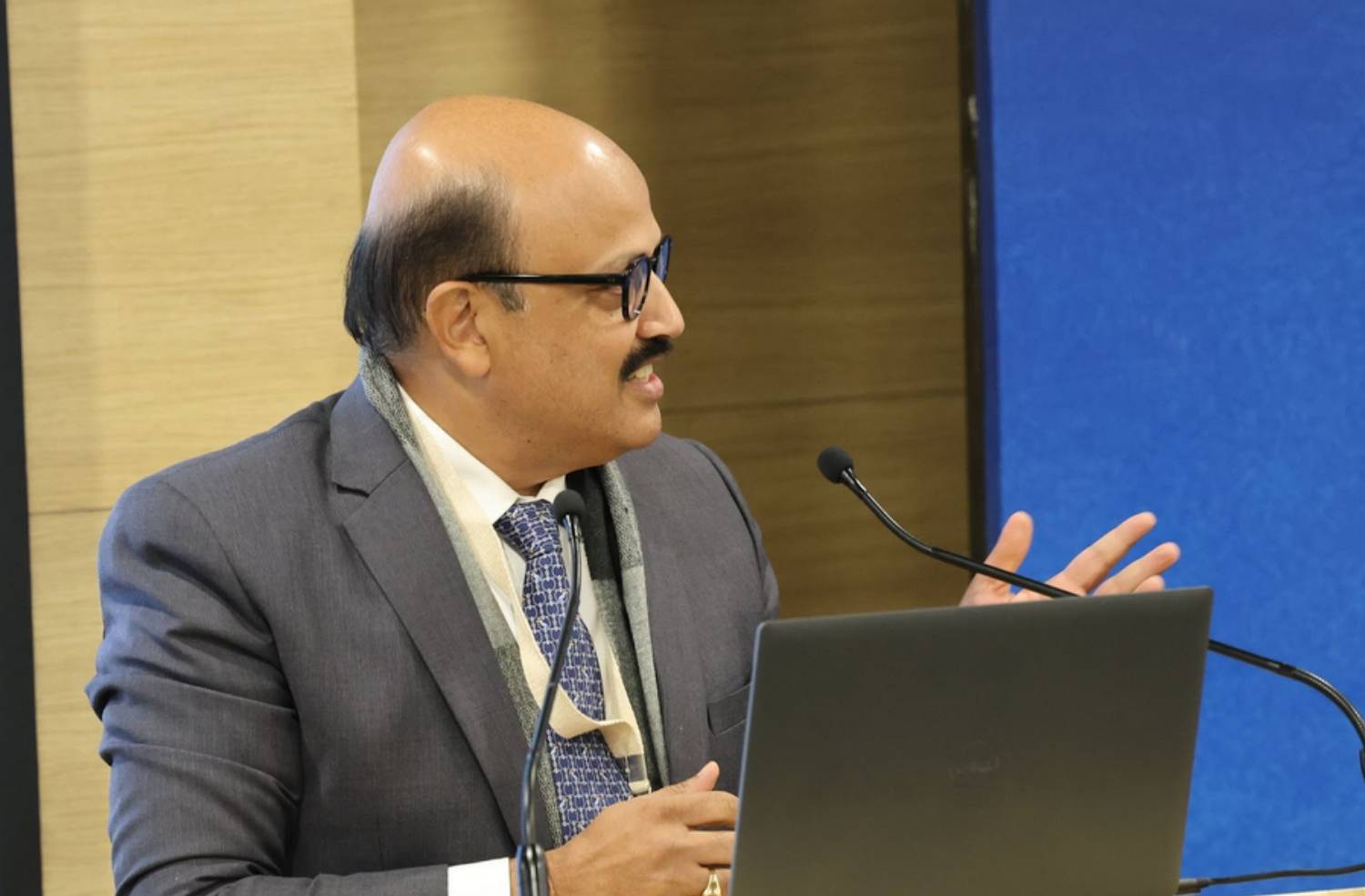
- Mr. Mohan Lakhamraju, Chairman of the Board, Great Lakes Institute of Management, shared insights from COP29, Baku, emphasizing informed discourse on climate change.
- Dr. Debashis Sanyal, Mentor and Advisor at Great Lakes Gurgaon, commended the conference’s evolution as a hub for meaningful sustainability discussions.
- The Chief Guest, Mr. Rajesh Agarwal, IAS, delivered an inspiring address, commending Great Lakes for emphasizing sustainability. Mr. Agarwal emphasized that while change is gradual, progress is evident. He advocated for collaborative efforts, urging businesses to adopt green production practices and consumers to embrace green lifestyles.
Launch of the SCORE Index
The SCORE (Sustainability Content Occurrence and Relevance Evaluation) Index, co-developed by Dr. Bappaditya Mukhopadhyay (Professor of Analytics & Finance, Great Lakes Gurgaon) and Ms. Ajita Bapat (Co-Founder of IndiaDataHub), was unveiled. The tool evaluates global sustainability discussions and offers actionable insights for policymakers and researchers.
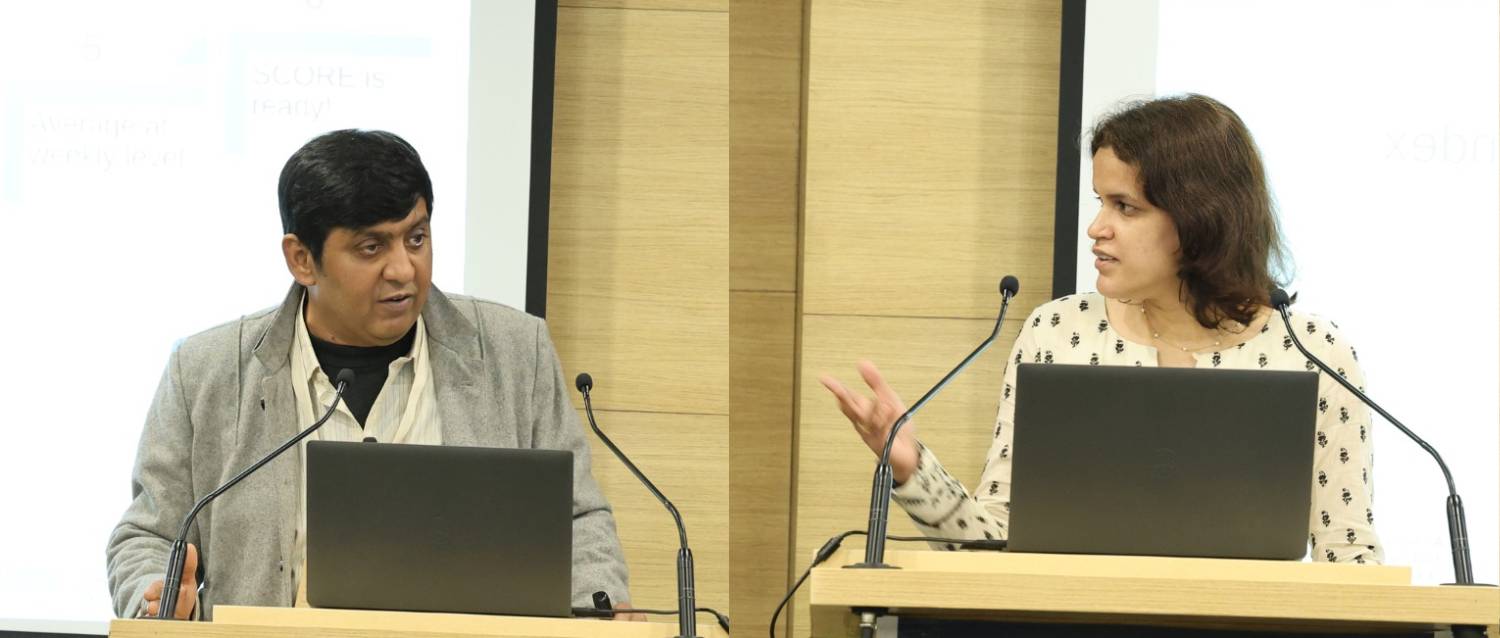
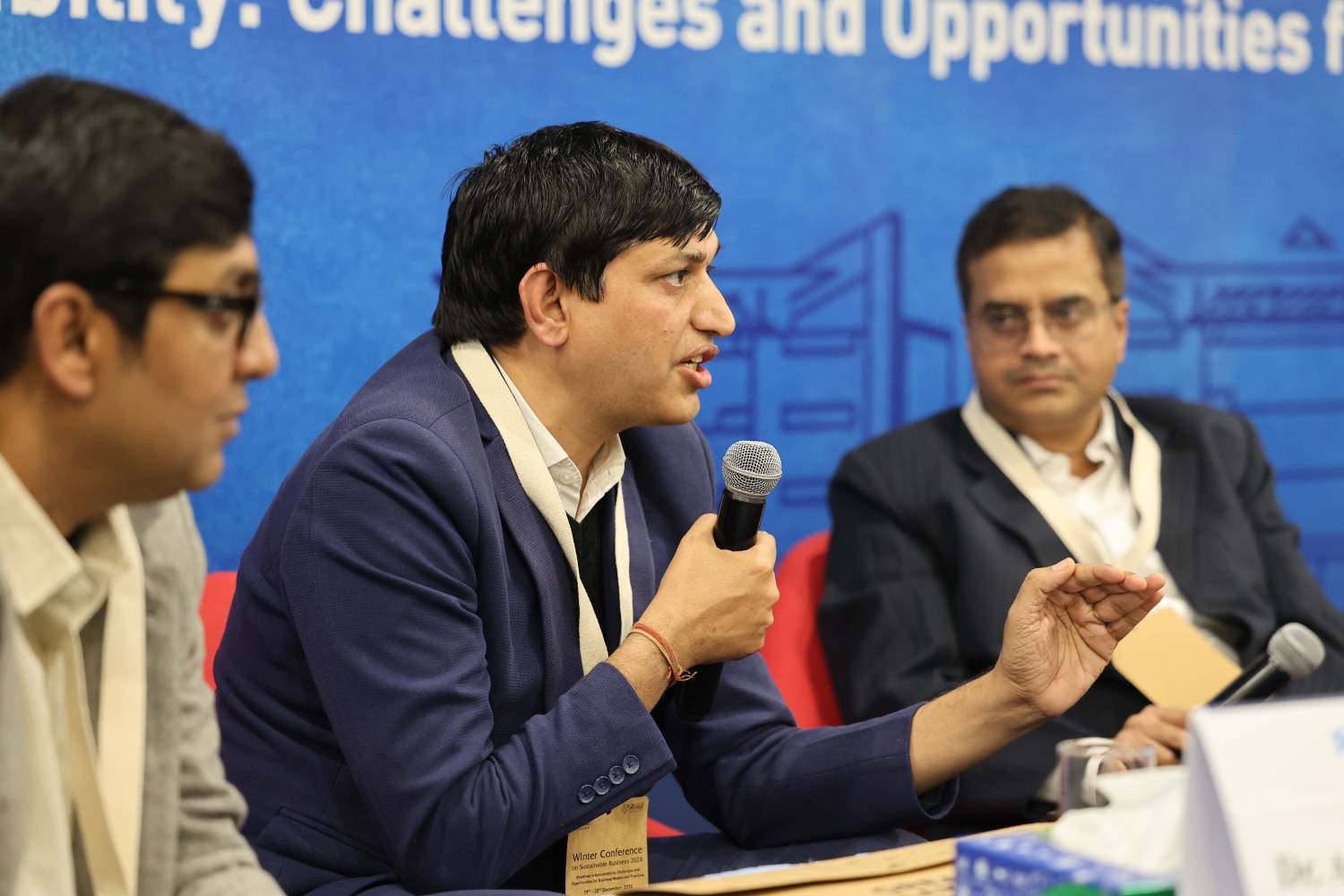
Paper Presentations and Discussions
Eight parallel sessions showcased groundbreaking research on sustainability.
The Fireside Chat and Panel Discussion featured distinguished experts who deliberated on advocacy, actionable strategies, and policy imperatives for sustainable development.
Outstanding research contributions were celebrated during the award ceremony. Winners included:
- Karambir Singh Dhayal – Environmental Sustainability and Green Energy
- Nupur Kashyap – Brand Loyalty in Sustainable Cosmetics
- Sunil Kumar Chokkandla – AR-Based Virtual Try-On for Sustainable Purchases
- Prof. Pankaj Roy Gupta – Green HRM Practices
- Vinoth Kumar S – Green HRM’s Impact on Post-Millennial Employees
- Mahesh Kumar – Dynamics of Sharing Platforms
- Alankar Sirsath & Nidhi Kumari – Crime Against Women: Spatial Analysis
- Vijay Prakash Sharma – Digital Twins in Supply Chain Efficiency
The conference concluded with a Vote of Thanks by Dr. Simarjeet Singh, expressing gratitude to all participants, speakers, and organizers. The Winter Business School Conference 2024 successfully inspired attendees to champion sustainability in their respective domains, reinforcing Great Lakes Institute of Management’s commitment to shaping a sustainable future.

Knowledge Partner

